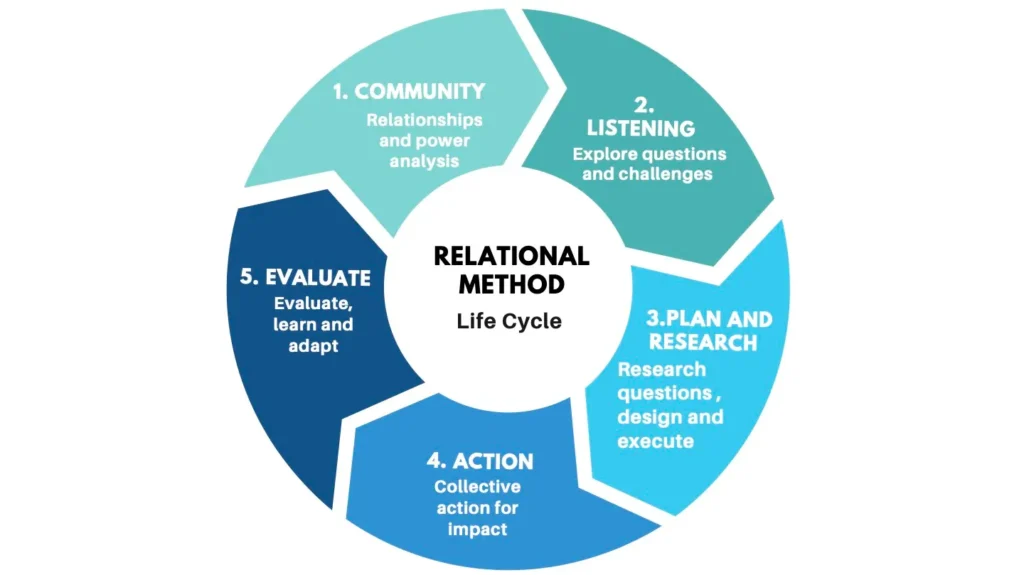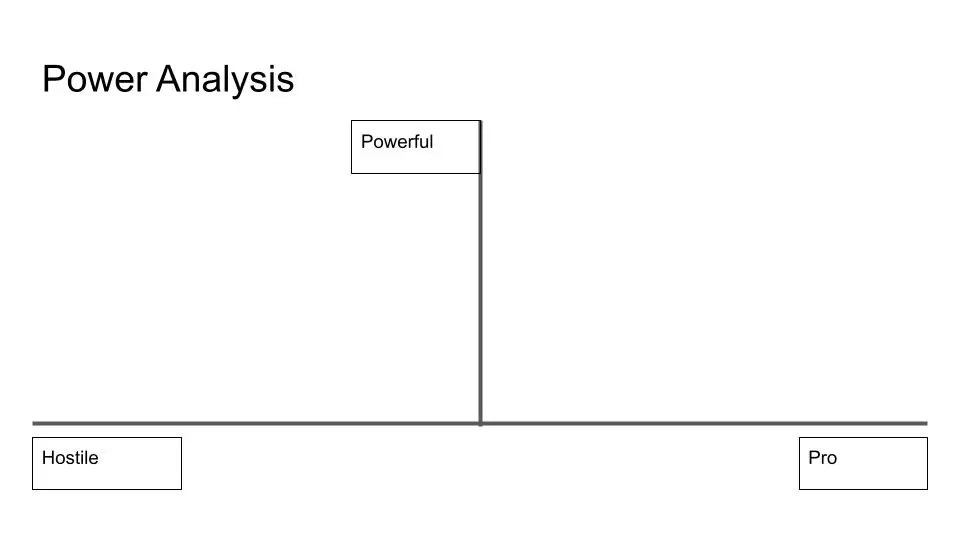Community Methods
Case Studies
“The best research is produced when researchers and communities work together”
— Nature Editors (2018): World’s leading multidisciplinary science journal
Community Methods Pages:
The Real Deal for Australia project has applied and refined the relational method over more than five years of research-action.
The Real Deal was initiated in 2019 in Australia after a decade of increasingly polarised debate over climate change, where the communities most affected by decarbonisation and industry transformation were being left out of the process of policy change. It was inspired by global discussion of a Green New Deal that called for a post-WWII style investment in economic transformation, but at the same time critical of the Green New Deal’s top-down approach to transition policy. The Real Deal works with communities so they can play a leadership role in the process of change.
Real Deal develops research and policy for climate transition from the ground up in urban centres and regions across Australia that are affected by climate change. It works with fossil fuel affected communities like the Hunter and Gladstone who now also find themselves at the centre of new renewables industries. It includes places like Geelong, post-industrial regional cities that are seeking to support local jobs growth in the face of declining employment in manufacturing. Western Sydney is part of the Real Deal, a site of extraordinary racial and ethnic diversity, socio-economic pressure and increased heat due to climate change. The Real Deal also works with the Northern Rivers who have been forced to repeatedly respond to ‘once in a hundred year’ floods, and have generated innovative and relationship-based community emergency management and resilience in response.
In each of these places researchers from the Real Deal – led by Tattersall at the University of Sydney and including academics from across the country – have partnered with coalitions of community groups to lead a process of community engagement, listening, research development, action and evaluation. In doing so they have applied the relational method cycle, which is adapted from community organising’s life cycle.

Aspects of this work have been documented:
Indigenous leadership in climate transition
The Real Deal has sought to privilege the knowledge and leadership of Indigenous people in the process of building policy for climate transition. We have benefited from the leadership of senior and emerging Indigenous academics, in particular Associate Professor Christine Evans and Katie Moore. Non-Indigenous scholars and community leaders have sought to learn, and have made mistakes, in seeking to build enduring partnerships in our research teams and place-based projects, and we have written about these lessons in an upcoming article in Political Geography. We have also benefited from the approach to Indigenous Cultural and Intellectual Property developed by Terri Janke (see her book True Tracks). We understood her training, and recorded a ChangeMakers podcast with her to share some of her insights about respecting cultural and intellectual property in research.
Listening campaigns
In Geelong and Gladstone, the process of developing local community coalitions and undertaking listening campaigns to identify issues of concern to communities is documented in Listening Reports that outline how the groups ran table talks involving hundreds of residents, and the policy agendas they developed. The Gladstone report is here, and the Geelong report here.
What is notable is how this process developed a “climate transition” agenda that is remarkably broad – featuring housing, cost of living, care and liveability. Rather than seeing climate as a discrete issue, this listening process demonstrated how climate change is better understood as a new, unstable foundation for public life – that poses threats to everyday issues like housing and cost of living, but demonstrating that climate transition can be an opportunity to improve outcomes when it comes to these concerns.
A community-led approach to crisis and transition
During the pandemic, 12 national community organisations and unions worked with the Real Deal researchers to develop a series of principles for community-led transformation. These were documented in the Real Deal report, outlining five benchmarks for building for creating a real deal:
- Major public investment is back, but policy must be attuned to the shape of the economy too
- The pandemic exposed pre-existing inequalities and injustices that must be addressed for good
- We need bold community vision for an economy that serves us all, and a plan to make that happen
- A Real Deal is generated by the active participation of people in decisions that affect them
- Collaboration is the foundation for a Real Deal that can deliver lond-lasting solutions
Power analysis, community and stakeholder engagement
The Real Deal’s research was not simply based on the idea that community-led policy is the “right” thing to do, but based on an analysis of power. We identified community partners and strategies for engagement by thinking about who we will need to be working with when we seek to achieve policy impact.

In individual place-based projects this meant that we built diverse coalitions. Learning from the creation of the Sydney Alliance and the Industrial Areas Foundation – and the idea that you need to “build power before you use power” – we took time to build broad-based coalitions that sought to stand for the city or region as a whole. This looked different in any given place, but it frequently included a mixture of organisations such as religious groups, community centres, unions, schools and community-based groups. Where possible, we partnered with already existing alliances that had build broad-based community networks, such as the Hunter Community Alliance, Sydney Alliance, Resilient Lismore and Queensland Community Alliance.
To do a power analysis we use a simple x/y axis to help us physically represent groups and people according to how much we think they support or oppose the goals we seek, and how much power they have in the community. When we think about power, we have a particular eye to people – and how many people are actively in relationship with other people and organisations. Yet we also think about money, and the kinds of resources that can be mobilised by groups and individuals in the community.
A power analysis is not a “thing” but a process – it is best undertaken as a group and will likely raise as many questions as answers. An initial mapping exercise then leads to meetings and desktop research to fill in gaps and find out more. The process itself is part of its power – as it is a real life education and deliberation about how power works in community.
Lessons from the first five years of the Real Deal
A group of 12 researchers and community leaders have authored a paper that documents the work of the Real Deal in Geelong and Gladstone, exploring some of the lessons from its application of the relational method. The paper is in the final stages of press with Political Geography, but if you are interested in reading in advance of it coming out – just get in touch via the contact page.